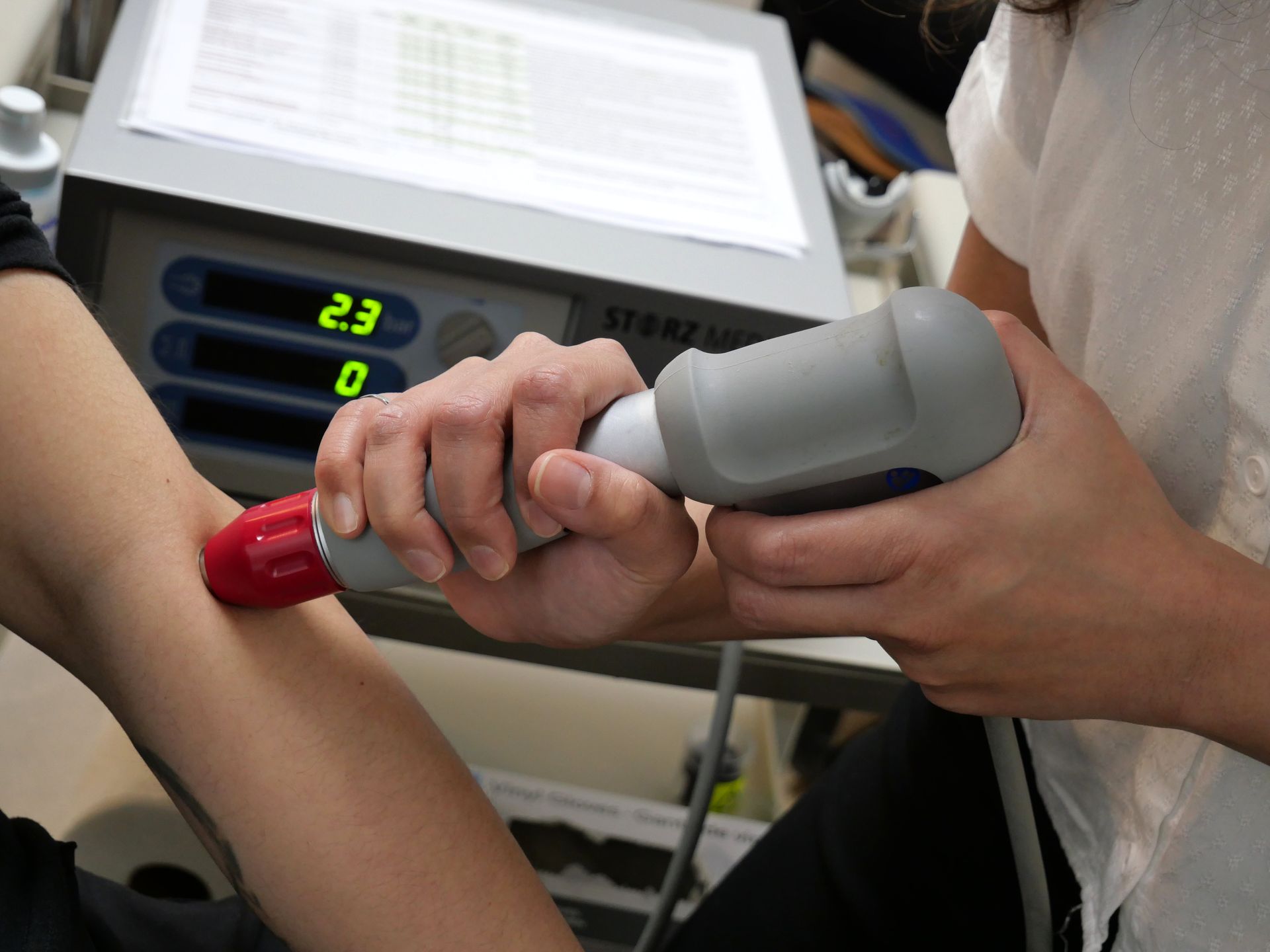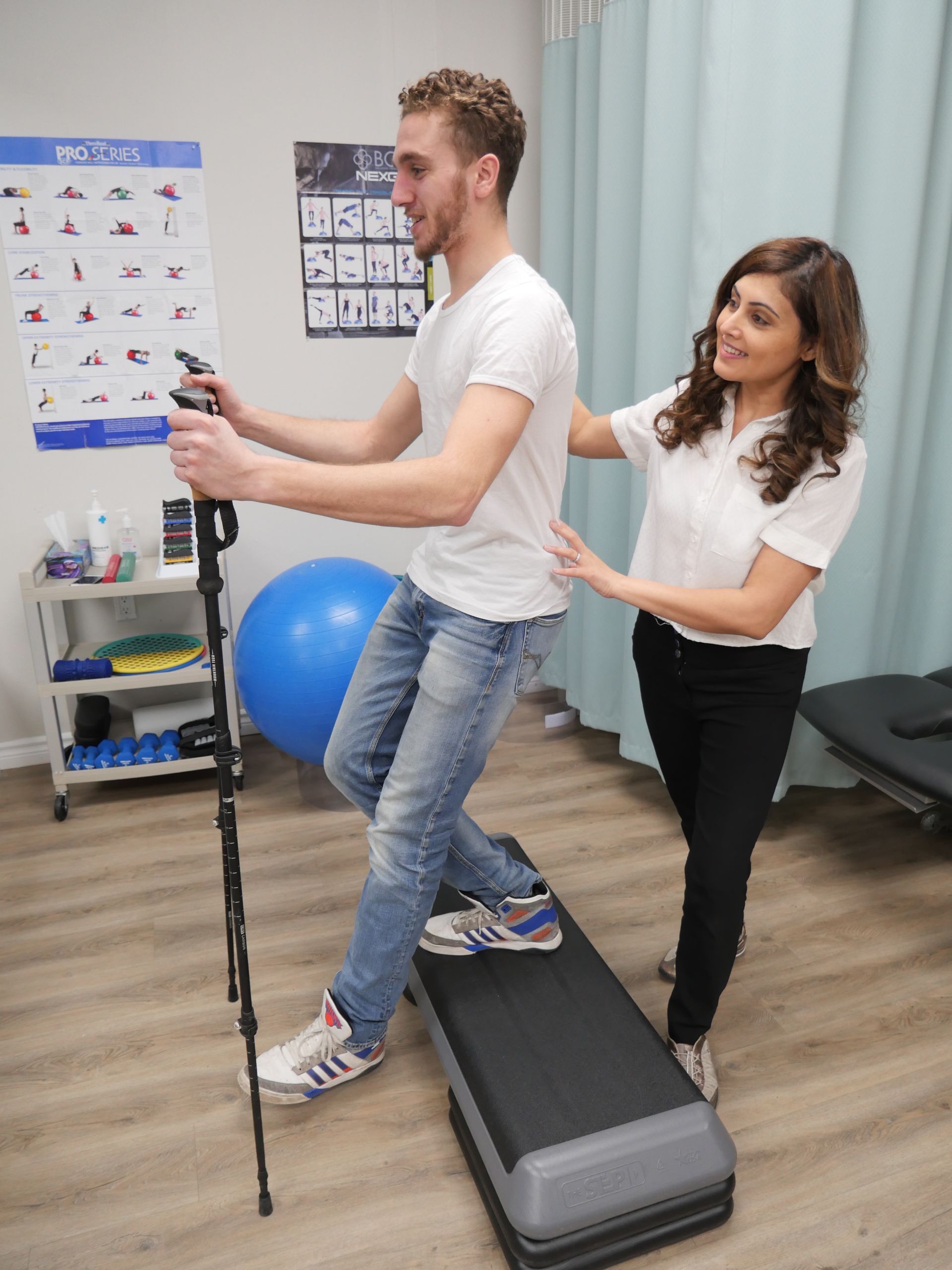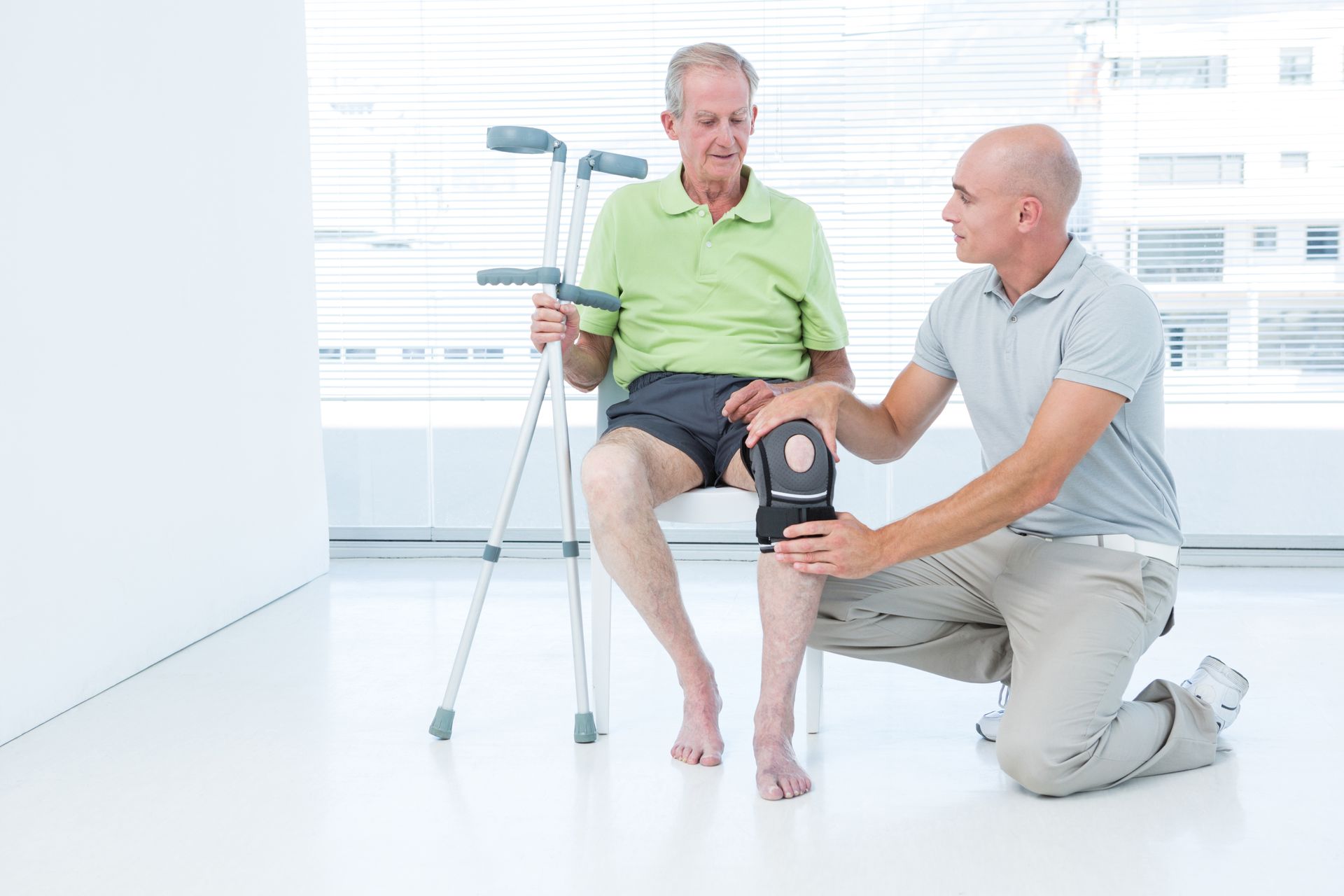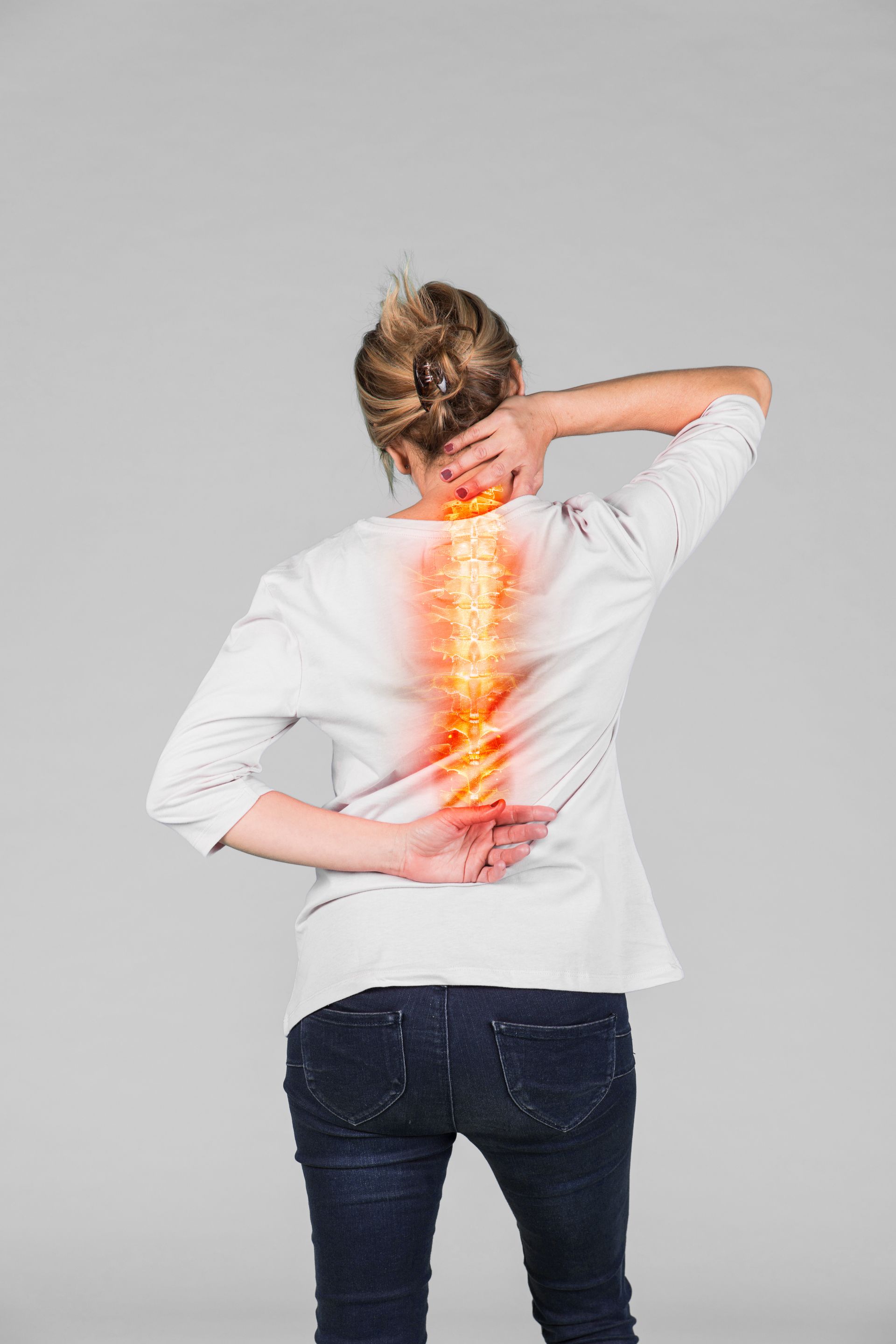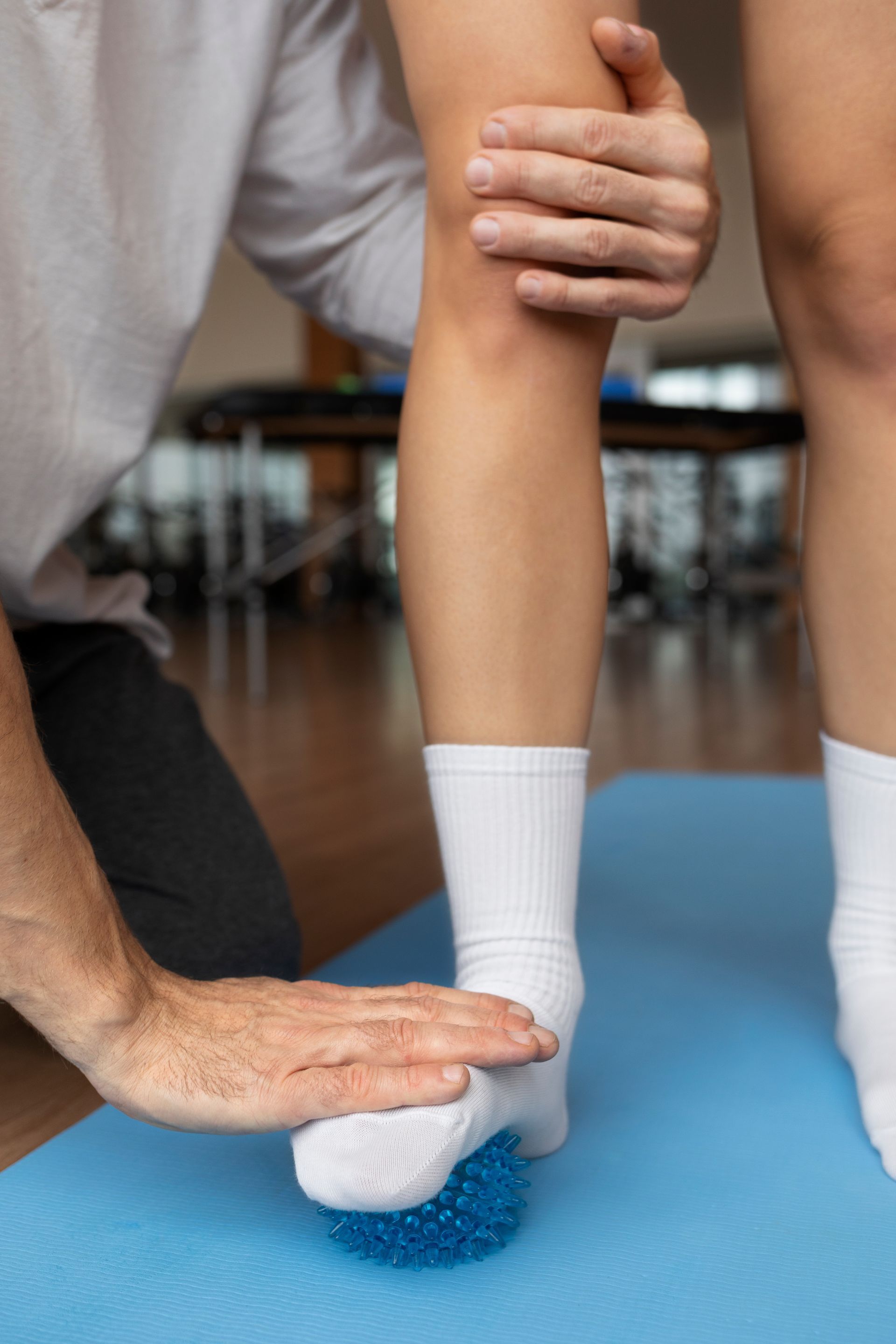Acupuncture for stress management: how it works and what to expect
In today's fast-paced world, stress has become an unwelcome, yet constant companion for many people. Prolonged stress can lead to various physical and mental health issues, making it essential to find effective methods to manage stress levels. One increasingly popular approach to stress management is acupuncture, a traditional Chinese medicine practice that has been used for thousands of years. In this blog, we'll delve into how acupuncture works to relieve stress, its benefits, what to expect during a session, and how to integrate acupuncture into your current stress management routine.
1. What is Acupuncture and How Does It Work to Relieve Stress?
Acupuncture is a form of treatment that involves the insertion of thin, sterile needles into specific points on the body, known as acupoints. These acupoints are believed to correspond to various organs and body systems, and stimulating them is thought to help balance the body's energy, or Qi (pronounced "chee").
In terms of stress relief, acupuncture works by stimulating the release of endorphins, the body's natural "feel-good" chemicals. Endorphins help to lower levels of stress hormones, such as cortisol, while promoting relaxation, pain relief, and overall well-being. Additionally, acupuncture is believed to have a calming effect on the nervous system, further reducing stress and anxiety levels.
2. What Are the Benefits of Acupuncture for Stress Relief?
Acupuncture for stress management offers several benefits, including:
- Reduced stress and anxiety levels
- Improved sleep quality
- Lowered blood pressure
- Enhanced immune system functioning
- Increased relaxation and mental clarity
- Heightened sense of well-being
3. What Should You Expect During an Acupuncture Session for Stress Management?
During your first acupuncture session, your practitioner will discuss your medical history and stress-related concerns to develop a personalized treatment plan. You'll then be asked to lie down on a comfortable table, and the practitioner will gently insert thin, sterile needles into various acupoints on your body. The needles are generally left in place for 20-30 minutes while you relax and focus on your breathing.
Most people experience little to no discomfort during needle insertion, with some describing the sensation as a slight heaviness or tingling. After your session, you may feel a sense of relaxation and calmness, as well as increased energy levels and improved mental clarity.
4. How Often Should You Schedule Acupuncture Sessions for Best Results in Managing Stress Levels?
The recommended frequency of acupuncture sessions for stress management varies depending on the individual's needs and the severity of their stress levels. Some people may experience significant benefits with weekly sessions, while others may benefit from bi-weekly or monthly visits. Your acupuncture practitioner will work with you to develop a treatment plan tailored to your specific needs and goals.
5. Are There Any Side Effects Associated with Acupuncture Therapy for Stress Relief?
Acupuncture is generally considered a safe and well-tolerated treatment with few side effects. The most common side effects experienced by some individuals include mild soreness, bruising, or bleeding at the needle insertion sites. These side effects are usually short-lived and subside within a day or two.
6. How Can You Integrate Acupuncture into Your Current Stress Management Routine?
Acupuncture can be a valuable addition to your current stress management routine, which may already include strategies such as exercise, meditation, and mindfulness practices. By combining acupuncture with these existing methods, you can enhance their stress-relieving effects and promote an overall sense of well-being.
To get started on your journey to stress relief through acupuncture, contact
Delta Physiotherapy & Rehab to
schedule a consultation with our experienced practitioners. We'll work with you to develop a personalized treatment plan that complements your current stress management strategies and helps you reclaim your sense of well-being and peace. Don't let stress hold you back –
reach out to us today!


